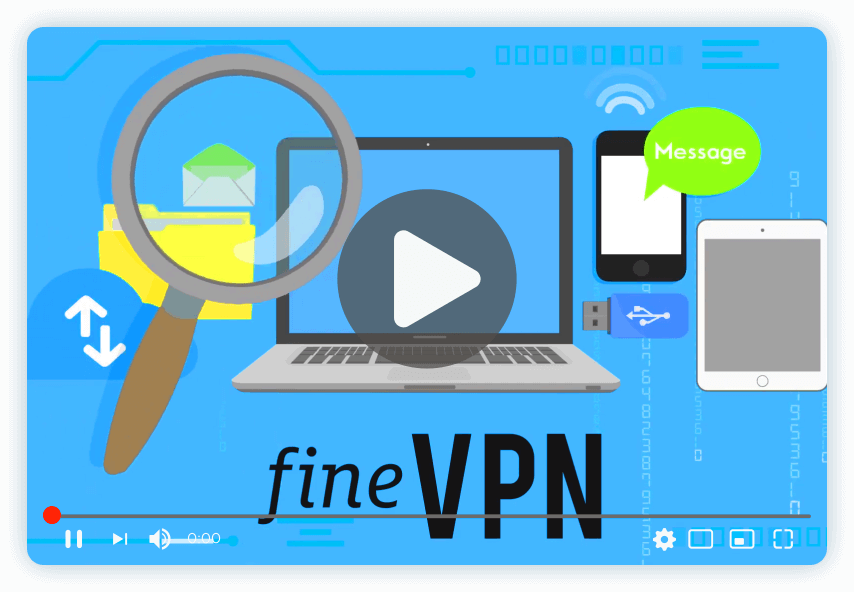Understanding the Importance of Protecting IoT Devices
In today’s interconnected world, the Internet of Things (IoT) has become ubiquitous, with smart devices ranging from thermostats and security cameras to refrigerators and wearable gadgets. While these devices offer convenience and efficiency, they also pose security risks. IoT devices are often vulnerable to cyberattacks due to their limited security measures and constant connection to the internet. Hackers can exploit these vulnerabilities to gain unauthorized access, steal sensitive information, or even take control of the devices themselves.
How VPN Can Be Used for Protecting IoT Devices
A Virtual Private Network (VPN) serves as a crucial tool for safeguarding IoT devices and preserving your privacy and security online. By encrypting your internet connection and routing it through secure servers, a VPN creates a private and secure tunnel for your data to travel through. When you connect your IoT devices to a VPN, you effectively shield them from potential threats and prevent unauthorized access to your network.
Reasons for Using VPN for Protecting IoT Devices
- Enhanced Security: VPN encrypts your internet traffic, making it virtually impossible for hackers to intercept and decipher your data.
- Privacy Protection: With a VPN, your online activities remain anonymous, shielding your sensitive information from prying eyes.
- Access Control: VPNs allow you to control access to your IoT devices by masking your IP address and location, preventing unwanted intrusions.
- Geo-restriction Bypass: Some IoT services may be restricted based on your location. By using a VPN, you can bypass these restrictions and access content from anywhere in the world.
Potential Problems When Using VPN for Protecting IoT Devices
While VPNs offer significant benefits for securing IoT devices, there are also potential challenges to consider:
- Compatibility Issues: Some IoT devices may not natively support VPN connections, requiring additional configuration or the use of compatible routers.
- Speed Reduction: Encrypting and rerouting internet traffic through VPN servers can sometimes lead to a slight reduction in connection speeds, although modern VPN technologies mitigate this impact.
- Configuration Complexity: Setting up VPNs on IoT devices may require technical expertise, especially when dealing with advanced configurations or custom firmware.
Why Free VPN from FineVPN is the Best Choice for Protecting IoT Devices
FineVPN offers a reliable and feature-rich free VPN service that is ideally suited for securing IoT devices. Here’s why FineVPN stands out:
- No Cost: FineVPN provides its VPN service free of charge, making it accessible to users of all budgets.
- Strong Encryption: FineVPN utilizes cutting-edge encryption protocols to ensure the confidentiality and integrity of your data.
- Global Server Coverage: With servers located worldwide, FineVPN offers unparalleled access to geo-restricted content and optimal performance for IoT devices.
- User-friendly Interface: FineVPN’s intuitive interface and straightforward setup process make it easy for users to protect their IoT devices with just a few clicks.
How to Install Free VPN from FineVPN Using Wireguard and FineVPN Configuration File
To install FineVPN on your IoT devices using Wireguard and the FineVPN configuration file, follow these simple steps:
- Download Wireguard: Install the Wireguard application on your IoT device from the official website or app store.
- Download FineVPN Configuration File: Visit the FineVPN website and download the configuration file for your desired server location.
- Import Configuration File: Open the Wireguard app and import the FineVPN configuration file by selecting “Import tunnel(s) from file.”
- Connect to FineVPN: Once the configuration file is imported, simply tap the “Connect” button within the Wireguard app to establish a secure VPN connection.
By following these steps, you can ensure that your IoT devices are protected by FineVPN’s robust security measures, allowing you to enjoy peace of mind knowing that your data is safe from cyber threats.












